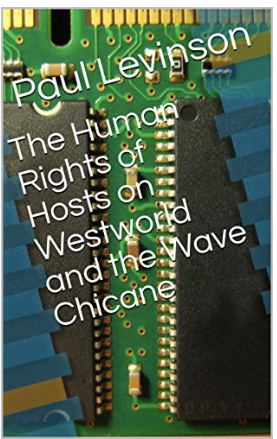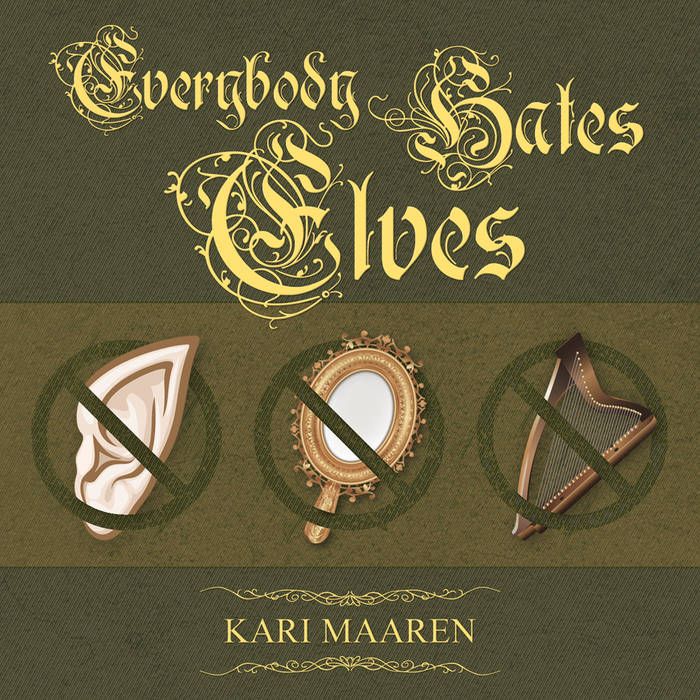"It's what it is" was an oft-repeated phrase in this three-and-a-half movie about who killed Jimmy Hoffa, and how. And what this movie by Martin Scorsese certainly is, is something extraordinary, in the story it tells, and in the way it was directed by Scorsese, and acted by Robert De Niro, Al Pacino, Joe Pesci, and, for that matter, everyone else in the movie.
One big question is how true is the story Frank Sheeran tells us in the last days of his life. Part of this story is how Sheeran killed Joey Gallo in 1972 in Umberto's Clam House in New York City. Up until this movie, based on Charles Brandt's 2004 book,
I Heard You Paint Houses (which I haven't read), I had thought that four other gunmen (not Sheeran) had killed Gallo (see the
Wikipedia entry on this). Since I wasn't there, I can't with certainty know who killed Gallo. But if Sheeran did not kill Gallo, why should we believe that he killed Hoffa?
A somewhat lesser but still significant question is why Sheeran's daughter Peggy had such deep misgivings about her father, to the point of never talking to him again after Sheeran (presumably) killed Hoffa? Why did she have those misgiving all those years? Why her and not her sisters? Based on the movie, the only answer I can think of is that Peggy had almost a sixth sense about her father, which is not very satisfying as even a component of such a momentous story. (There was the scene of Sheeran crushing the hand of the man who pushed her in the grocery store - with Peggy looking on - but this doesn't seem sufficient for her life-long, growing abhorrence of her father.)
But there's an old saying to the effect of, though it may not be true, it's still a great story. And that is manifestly the case for
The Irishman. And a lot of the story does make a perfect kind of sense. Why did Russ (played by Pesci) talk Sheeran into killing Hoffa? It was to protect both Sheeran and Russ, as Russ later explains to Sheeran. If someone else had killed Hoffa, the mob would have been concerned, very concerned, that Sheeran might seek some vengeance. As we heard early in the movie, being very concerned is a state that everyone takes very seriously. With Sheeran pulling the trigger on Hoffa, the mob didn't have to be concerned about vengeance because, who could Sheeran take vengeance on, himself?
As for the acting, tour de force doesn't do justice to the three main players. De Niro was absolutely masterful in voice and expression. Pacino was the same - the way he says "phone" in his first conversation as Hoffa with Sheeran is just the right tone to establish Hoffa as a character in a world of his own. And the same for Pacino's expression when Russ (Pesci) tells Hoffa that he may not be showing proper "appreciation". Pesci delivers that line with a quiet strength and mob wisdom that typifies his character. All three acted their characters over decades - the "de-aging" process enhanced this, but their acting brought the ages home. My recommendation: all three actors should split the Oscar for best performance this year. The supporting roles in the movie might be too short for supporting Oscars, but they were all memorable, ranging from Jesse Plemons as Hoffa's son Chuckie to Harvey Keitel as mobster Angelo Bruno. (And shoutout to the inimitable Logan Crawford who plays a reporter.)
I have to also talk about the music. I used to sing "In the Still of the Night" by The Five Satins with my doo-wop group in the late 50s/early 60s (I was just a kid), and it was great to hear that song at least three times in
The Irishman. The other music was right on key for the movie, too.
Scorsese is already lauded for
Goodfellas and
Casino, movies about the mob that were so good they come in just below
The Godfather trilogy. I'd put
The Irishman just above those two, and I'm going to keep thinking about it.
I should also mention - it's one thing to see a movie on Netflix that would never be in a movie theater. It's quite another to see a movie on Netflix, by one of the world's leading directors, with all-time great actors, that is playing in theaters in New York City right now. The streaming revolution continues apace.
 It started in the hot summer of 1960, when Marilyn Monroe walked off the set of The Misfits and began to hear a haunting song in her head, "Goodbye Norma Jean" ...
It started in the hot summer of 1960, when Marilyn Monroe walked off the set of The Misfits and began to hear a haunting song in her head, "Goodbye Norma Jean" ...

















